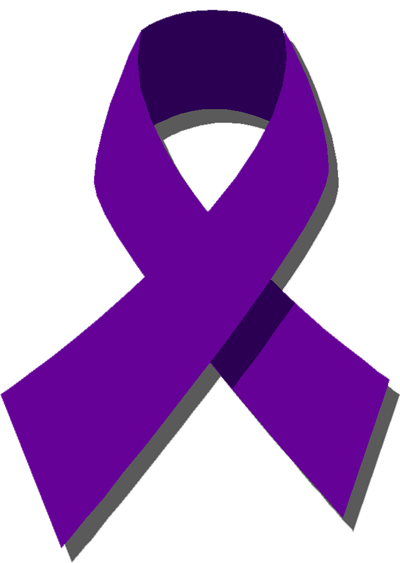October is the month of changing leaves, colder days and all things pumpkin flavored. Pink ribbons are seen daily and even the Long Island Rail Road employees donned bright pink ties with their uniforms to support Breast Cancer Awareness Month. But October marks the awareness of another, larger problem that affects both men and women–domestic violence.
In the United States alone, one out of every four college-aged women is abused, and approximately 15 percent of college-aged men have also been victims of domestic violence, according to DomesticViolenceStatistics.org. The violence ranges from emotional violence and threats, to more serious extremes such as physical abuse or even homicide.
According to DomesticViolenceStatistics.org, “domestic violence is the leading cause of injury to women—more than car accidents, muggings, and rapes combined.”
Stony Brook University offers its own set of resources to help potential victims of abuse. CHILL, a part of the school’s Center of Prevention and Outreach, focuses on mental health and wellness, as does CAPS, or Counseling and Psychological services.
Christine Szaraz is a CPO counselor and led this year’s March Against Domestic Violence on campus.
“Students who know about an abusive relationship should do their best to support the victim; this can be by listening to them, letting them know you are on their side, and telling them about campus and community resources,” Szaraz said, “ Maintaining an empathetic, victim-centered approach is really important.”
The services offered vary depending upon the type of abuse. Students are encouraged to speak out if they have been victims of domestic abuse in any way. Opening up to a Resident Assistant or Hall Director or going directly to speak to someone from CPO is stressed.
If the abuse is sexual, then the person should immediately seek help from Student Health Services or the University Health Center. There is also the Sexual Assault Nurse Examiner Center, which allows victims to remain anonymous.
“Intimate partner violence is a public health problem–it affects all members of the community, even the ones who are not being directly abused, “ Szaraz wrote in an email, “Knowing a friend is in a difficult or dangerous situation can impact a student’s academic, personal or social wellness, and SBU wants students to reach out for support if they are affected in any way by relationship violence.”



